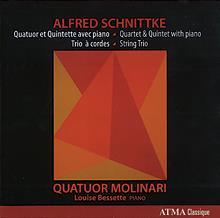
The Strad Issue: January 2012
Description: A Canadian ensemble brings out the songfulness of a modern Russian master’s quartets
Musicians: Molinari Quartet
Composer: Schnittke
Schnittke’s four string quartets appeared variously between 1966 and 1989, announced by a work composed originally for the Borodin Quartet that draws upon the micro-gesturing and sonic profiling of the Second Viennese School. The Second Quartet is a deeply felt opus whose brooding atmosphere and cries of musical anguish were inspired by the tragic death in 1979 of Soviet filmmaker Larisa Chepitko in a car accident.
Three years later in 1983 Schnittke produced a Third Quartet, whose more overtly tonal terms of reference are based upon a succession of evocative musical reference points, including Lassus’s Stabat mater, Beethoven’s Grosse Fuge and Shostakovich’s musical signature, ‘D–S–C–H’. The Fourth Quartet (1989) – at 38 minutes nearly twice as long as any of the others – is a desolate musical landscape of almost unbearable contrapuntal intensity.
The Molinari Quartet (established in 1995) is a pioneering Canadian modern-music group of players who traverse the distinctive sound worlds of Schnittke’s canon with bracing insight. Compared to the bold
intensity of the Tale Quartet (BIS) and the unsettling probing of the Kronos (Nonesuch), the Molinari players are more cantabile-based, almost as though they are singing each score through their instruments. As a result, Schnittke emerges as a more rounded and expressively wide-ranging composer than is often the case. Even the respective second-movement agitatos of the Second and Third Quartets are sublimated into a coherent symphonic overview that is richly compelling. The detailed yet warm ambience of the recording enhances still further Schnittke’s often unremarked lyrical tendency.
JULIAN HAYLOCK

![[2] Echo Theory pc Lukas Breuer - Copy](https://dnan0fzjxntrj.cloudfront.net/Pictures/274x183/2/5/7/38257_2echotheorypclukasbreuercopy_270148.jpg)

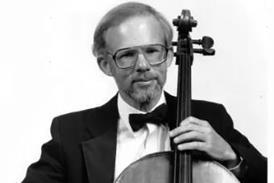



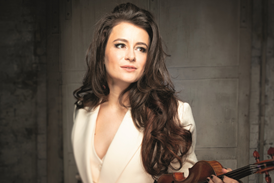




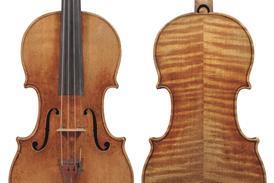
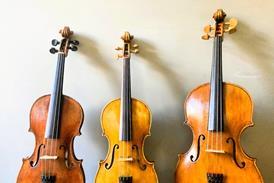
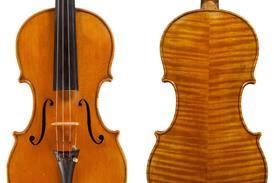
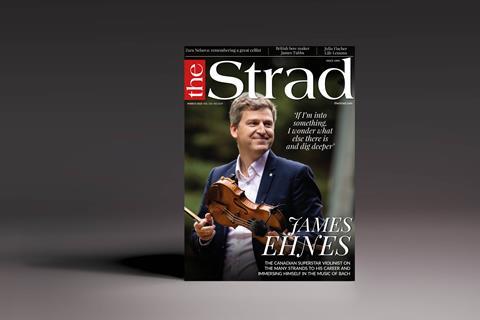





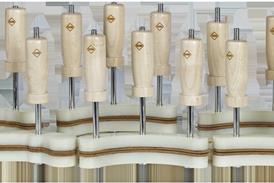










No comments yet